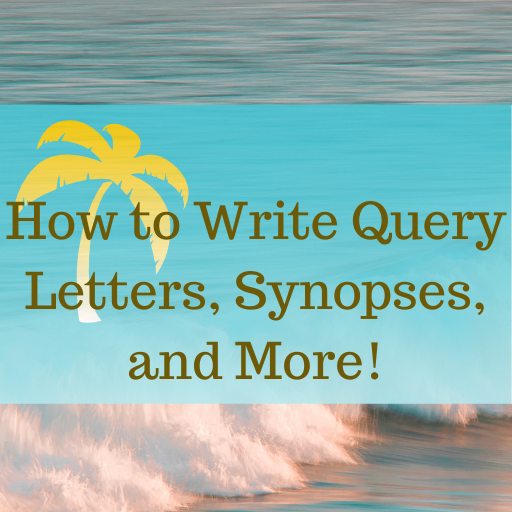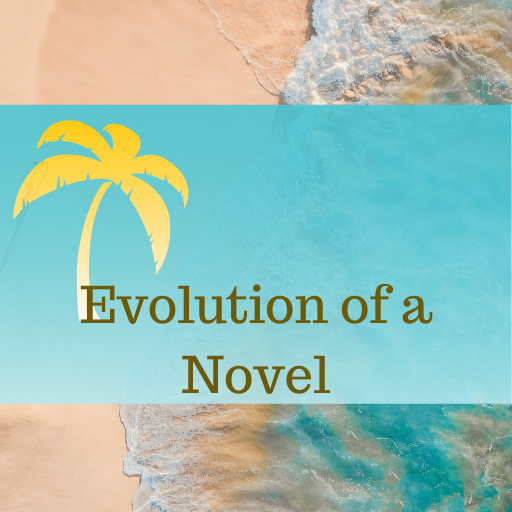How Publishers Acquire Novels
If you’re an author hoping to have your work published, it helps to know how publishers acquire novels so you can navigate the process.

The Basics of How Publishers Acquire Novels
I shared some basic information in this post on traditional publication, but I wanted to share some thoughts from the perspective of an acquisitions editor (which I used to be).
The Submissions Process
Note that what I say here about editors is substantially the same for agents, so whether you’re an author who is planning to pitch an agent first or go directly to an acquisitions editor (at a publisher open to direct submissions from authors), the process is similar.
An agent may even use the bones of the author’s query for their query to acquisitions editors and, of course, will send the author’s synopsis as well. So whether the author is approaching agents or editors, they must find the right way to tell their story through the query and the synopsis.
While every publisher and every acquisitions editor will have a different way of doing things, basically what happens is an agent or an author sends a manuscript to an acquisitions editor and asks if she’ll consider publishing it. The editor says yes or no. That’s the process in a nutshell.
Most of the time, an acquisitions editor has a specific list she’s acquiring for. For example, suppose her publisher wants to release forty mysteries in four seasons: spring, summer, fall, and winter. That means the editor needs to acquire ten books a season or three or four books a month. One editor may not be responsible for acquiring that many titles, but I acquired five titles a week when I was an acquisitions editor. You can imagine that I didn’t have a lot of time to spend on decision-making.
How the Process Worked
We did everything by email, so agents and writers emailed their queries to a general email address for submissions. (I never privileged agented manuscripts over those without an agent, but many, if not most, acquisitions editors do, which is why having an agent can give authors an edge. In some cases, acquisitions editors will not look at manuscripts that are not sent by an agent.)
I would review the queries (or my assistant editor would) and ask for a full manuscript plus a synopsis of those that seemed promising. Sometimes editors ask authors to paste in a few sample pages along with the query. Or they’ll ask for the synopsis to be included with the query. In any case, the acquisitions editor is looking for a match.
Making the Match
People will sometimes say the editor or agent is looking for a reason to reject authors, but that’s not really the case. If they’re not looking for new clients/authors at this moment in time, they just close to queries. That’s different from trying to find reasons to reject authors. When I was a literary agent, I was looking for great authors who could write great books. As an acquisitions editor, I was looking for great authors who could write great books.
What I think is great is different from what someone else thinks is great, which is why it can take a number of tries to find a match. And, of course, sometimes the book isn’t great by anyone’s standards, and then it will probably not find a home.
I ran a romance imprint. We received queries from children’s book authors, YA authors, thriller authors, and horror authors. Even if their books were great, they were not a match, so they received a rejection. (Note that sometimes agents sent mismatches! It pays for the author to have a clear grasp of what type of book they’ve written and to communicate that to everyone who is part of their career, even their agent.)
Those mismatches were easy to spot. The ones that weren’t so easy to spot were the ones where the author thought she’d written a romance, but she hadn’t. And that’s where the query and the synopsis were so important. I simply couldn’t spend time on a manuscript that wasn’t a match. No editor can (no agent can, either). In romance, a basic given is that there must be a happily ever after. If the novel doesn’t have a happily ever after, it may be wonderful, it may be compelling, it may be deserving of every literary award ever conceived, but it is not a romance.
So I would always turn to the synopsis and make sure the book had a happily ever after. Remember, I wasn’t looking for a reason to reject the book. I wanted the book to work for my imprint! But I couldn’t publish something that was not a romance. So, if the synopsis ended with the lovers parting, well, then I’d send along a kind rejection letter. But it would be a rejection letter.
Now, sometimes writers would say, “Wait, wait, I can fix that!” And that’s true. But I was a busy, busy, BUSY editor. I didn’t have time to educate a writer on the basics of romance. It was up to the writer to make sure she’d gotten it right.
Sometimes writers would be coy about the ending in their synopsis. “After the final fight with the deranged serial murderer, Kate and Mark have to decide if their love is worth fighting for. The end.” This was maddening. So did they or didn’t they? You might assume that the editor will guess the answer, but the editor has read one too many submissions where Mark dies on the last page, so, no, she doesn’t trust that she can guess the answer.
It’s not a spoiler to tell the acquisitions editor how the book ends! It is, in fact, necessary. I was not going to read through eighty thousand words only to find out that your hero dies at the end. I didn’t have time. So if the synopsis didn’t clearly indicate that the writer understood the genre – and not just the happily ever after part, but the other necessities, such as the love relationship being the center of the book – then off would go the rejection letter. And that was true even if I desperately wanted the book to work because I liked the writing.
In other words, if there’s something wrong with the synopsis, an editor/agent will assume there’s something wrong with the book. So, part of the reason the author needs to get the synopsis right is to make sure they’ve got the book right!
Every genre has its conventions – what readers expect (and want and demand and will roast you in reviews over if authors fail to satisfy) – even literary fiction. The author needs to demonstrate that they understand these conventions and expectations (they establish this in the query letter and the synopsis).
Once I had read the query and synopsis and felt that an author understood what I needed, I would turn to the actual manuscript. I was willing to invest the time in discovering whether the book met our needs if the author had convinced me to do so through their query and synopsis.
That’s the other reason authors need to get these right – they convince the agent/editor to spend more time with the book than they otherwise would.
When I did find a match, I always high-fived the computer screen and made a publishing offer to the author.
That’s how it works. By understanding how to make the agent/editor see that the manuscript is a match, the author will be more likely to make that sale.
Tips for Editors & Writers
Helping Authors Strengthen Story Settings
The setting of a novel consists of multiple elements, big and small, that nest inside each other like those little Russian dolls. We might show this hierarchy of settings like so: If you think about it, the micro setting of “the living room of 601 San Mateo Road Apartment 16” implies the existence of all…
Setting problems: lack of concrete locations
Writers often use setting like a painted backdrop to their stories, rather than as an integral element of their storytelling. As DEs, we can help them make the setting come to life. If we think of Wuthering Heights, we think of the Yorkshire moors. When we think of Moby Dick, it’s a whaler on the…
Join the Club!
New to story editing? Begin at the beginning.




